Consultant Fons Trompenaars, PhD, and professor Peter Woolliams, PhD, conducted evidence-based research to explore the pros and cons of flexible work. This practical guide explores why employees value flexible work and why some companies may hesitate to offer flexible work options. The authors’ data-backed insights and illustrative examples demonstrate how companies can mitigate risks associated with remote work, balance employee satisfaction and organizational efficiency, and otherwise leverage flexibility to drive success.
Employees’ relationship with work has changed.
Traditionally, people viewed work as central to identity. They spent significant time in the office and formed a sense of self rooted in their jobs. The COVID-19 pandemic shifted this dynamic. Technology reduced the need for many employees to work in a physical office and showed people another way to relate to work. It also increased the sense that balancing work with personal passions was worthwhile — and possible.
Flexible work isn’t suitable for everyone, and individuals who lack self-motivation and independence may struggle without direct supervision. Too, certain jobs, such as health care roles and manufacturing work, require workers’ physical presence. Still, employers need to recognize that employee values — including, but not limited to, a better work-life balance — are changing. Embracing flexible work, when possible, can help employers avoid the problem of a disengaged workforce.
Prioritizing employee well-being enhances productivity.
Management approaches have come a long way since the 1880s. In that yesteryear, Frederick Winslow...
Peter Woolliams, PhD, is Professor Emeritus of International Management at Anglia Ruskin Cambridge (UK). Fons Trompenaars, PhD, is director of Trompenaars Hampden-Turner (THT) Consulting.









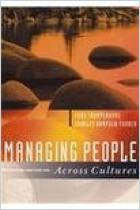

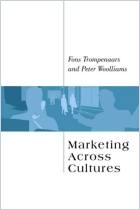
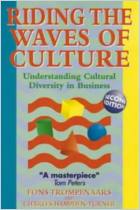

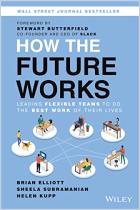
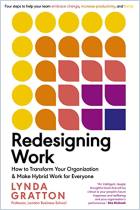
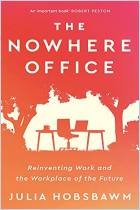
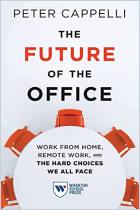
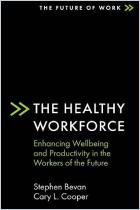
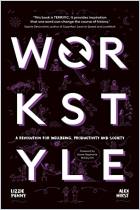



Comment on this summary or Start Discussion